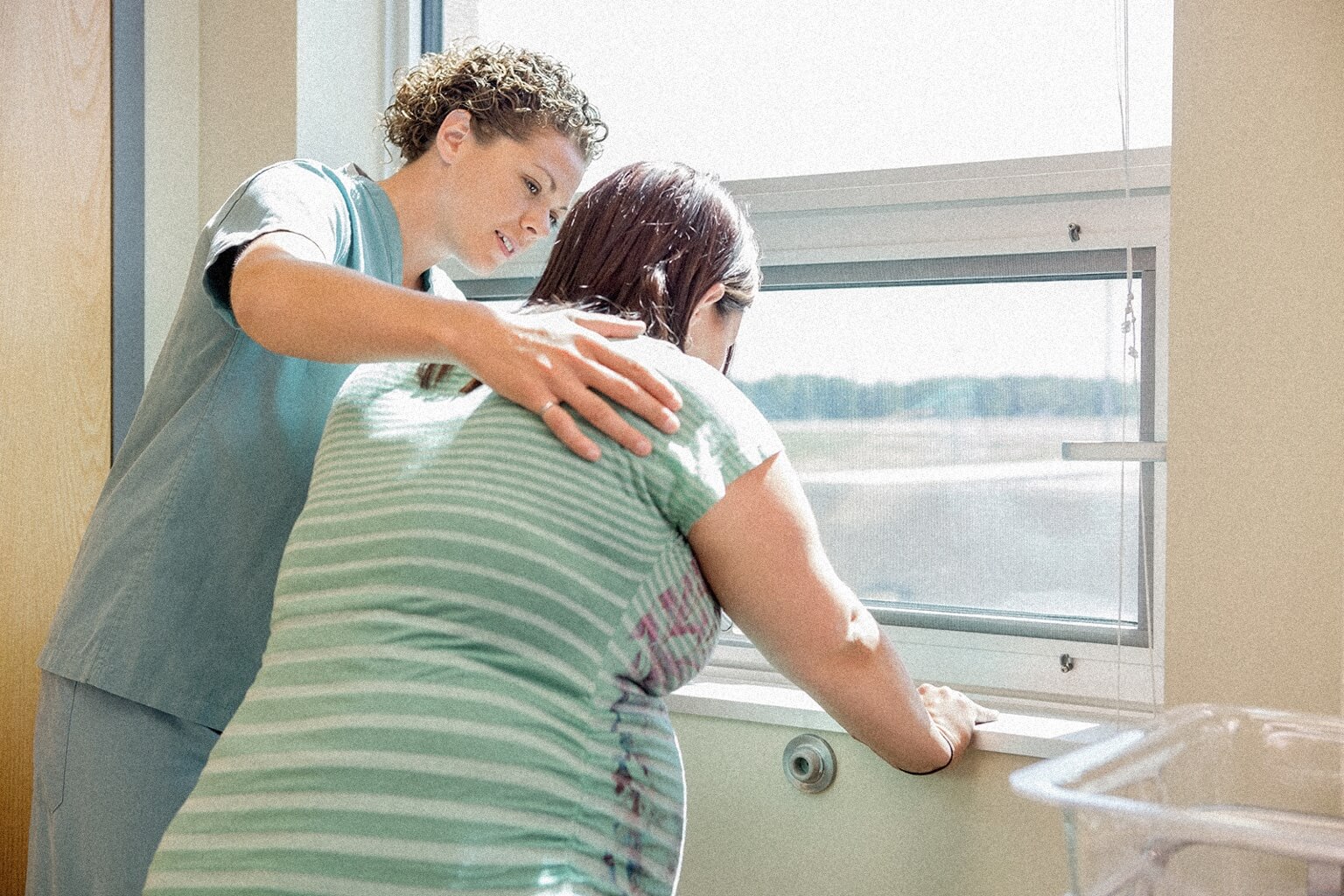I am a Certified Nurse-Midwife (CNM). I’m lucky enough to empower my patients each and every day, and our job is more than just a vocation. For many of us, it is our life’s passion. Midwifery literally means “with women.” Whether it’s catching babies, curing sexually transmitted infections, or connecting with patients during their annual exam, we fight for women every step of the way.
I became a midwife because I shadowed an obstetrician during college with the hopes of becoming a physician. Instead, I fell in love with being a midwife. Midwifery is unique because it takes a comprehensive approach to maternal health by including education, treatment, and collaboration with a dedicated healthcare team.
The Nurse-Midwifery Industry Is Growing
The field of nurse-midwifery is growing as hospital systems appreciate their role as an integral member of the staff. The future is bright for midwives. Over the next decade, the projection is that our profession will grow by 16 percent.
The minimum qualifications to become a CNM include a graduate degree in midwifery, practice as a Registered Nurse, and clinical experience as a student nurse-midwife. Because I am an overachiever, I have two Master of Science in Nursing (MSN) degrees. The first graduate degree was for a Clinical Nurse Leader, but through working in obstetrics, I found my true passion, and I returned to school for a second graduate degree in nurse-midwifery.
My patients are women of all ages and from all backgrounds. However, I feel strongly that nurse-midwives care for more than just the patient. Truthfully, I support their entire household. Whether it’s encouraging siblings to find the heartbeat with a handheld Doppler or helping new dads catch their baby, midwifery is a family affair.

What My Daily Schedule Looks Like
My daily routine never looks quite the same. I typically arrive at the hospital around 7:00 a.m. and receive a bedside report from my beloved midwifery partner who has worked all night. Around 7:30 a.m., I gather for board rounds to see if anyone else can use my help and hear what is happening across the labor and delivery unit. Next, I meet with my patients who are in labor, applying counter pressure to their back and encouraging them every step of the way.
If I can sneak away, I hurry up to the postpartum unit, where I dote on new mamas and their lovely babies and discharge them to continue their adventure at home. Once I’ve rounded on all the patients on our service, I go back downstairs to the labor unit and support women through “surges” or contractions.
By now, we’ve had a few phone calls from the answering service regarding patients who have reached out. I vigilantly respond to them. Several patients visit triage to either rule out labor or to make sure that their baby isn’t facing a particular emergency.
Once all is well, I return to the laboring women. Some women get epidurals and others give birth without medication. It’s important that women feel empowered throughout their childbirth.
Often times I work 12 hours, sometimes 24 hours. Usually, I’ve caught a few babies by the end of my shift. The average is two, but I’ve had as many as seven in one shift. Our job is more than helping a baby be born; we get to watch mothers, fathers, and families be born every day.
Serving Patients Outside the Hospital
Midwives also see patients in the office. We perform annual exams, routine prenatal care, diagnose gynecological conditions, and order contraception. The best part of being a nurse-midwife is that I spend my life empowering women in many different ways.
We serve women in a holistic model while promoting evidence-based care. It’s my job to discuss recommendations and what the research shows. However, I strongly believe in a shared decision-making partnership. Women have to choose what they feel is best for their body and their family.
If you look at the research, nurse-midwives have continued to provide excellent outcomes and receive positive reviews. Nurse-midwives improve maternal and infant care everywhere- midwifery matters.


